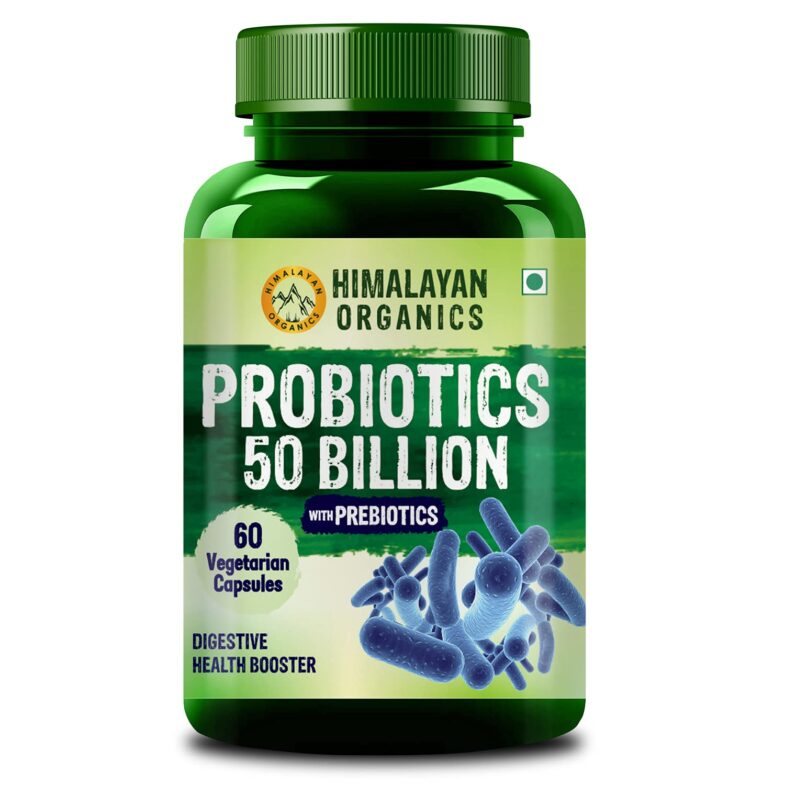Becoming a Mother is a beautiful and transformative experience. From the moment of conception to postpartum, your body undergoes numerous changes. Along with a healthy diet and exercise, taking supplements can be an effective way to support your body during this time. In this article, we will discuss the supplements every mom should consider from preconception to postpartum.
Preconception

Source: asterhospitals.in
Preconception is the period before pregnancy when a woman can take steps to prepare her body for a healthy pregnancy. A healthy diet and lifestyle, along with appropriate supplementation, can help ensure the mother’s health and support the development of a healthy fetus.
Prenatal Vitamins
Prenatal vitamins are a combination of essential vitamins and minerals designed to support a healthy pregnancy. They often contain folic acid, iron, calcium, and other necessary nutrients for pregnancy. Women who are planning to become pregnant should consult with a healthcare provider about taking prenatal vitamins.
Lifestyle Factors
In addition to proper nutrition and supplementation, there are lifestyle factors to consider during preconception. Women who are planning to become pregnant should avoid alcohol, tobacco, and drugs, and maintain a healthy weight through regular exercise and a balanced diet.
Folic Acid
Folic acid is an essential nutrient for pregnancy. It helps prevent neural tube defects and ensures proper brain and spinal cord development in the fetus. The recommended daily dose is 400-800 micrograms.
Prenatal Vitamins

Source: womensmentalhealth.org
Prenatal vitamins are a combination of essential vitamins and minerals designed to support a healthy pregnancy. They often contain folic acid, iron, calcium, and other necessary nutrients for pregnancy.
During Pregnancy
During pregnancy, the body undergoes significant changes, and proper nutrition is crucial for the health of both mother and baby. Here are some supplements to consider during pregnancy.
Vitamin D

Source: talijalab.com
Vitamin D, also known as the sunshine vitamin, is a fat-soluble vitamin that is essential for human health. It is primarily produced by the body when the skin is exposed to sunlight, but can also be obtained through certain foods and womens supplements. Vitamin D plays a vital role in bone health, immune function, and overall well-being.
Sources of Vitamin D
The primary source of vitamin D is sunlight. When the skin is exposed to sunlight, it produces vitamin D3, which is then converted to the active form of vitamin D in the liver and kidneys. However, the amount of vitamin D produced by the body depends on various factors, such as time of day, location, and skin color.
Vitamin D can also be obtained through certain foods, such as fatty fish, and egg yolks, and fortified foods such as milk and cereal. Vitamin D supplements are also available in the form of tablets, capsules, and drops.
Health Benefits
Vitamin D plays a vital role in bone health by aiding in the absorption of calcium and promoting bone growth. It can help prevent osteoporosis and reduce the risk of fractures, especially in older adults.
Vitamin D also plays a crucial role in immune function. It can help prevent infections and reduce inflammation in the body. Vitamin D deficiency has been linked to an increased risk of autoimmune diseases such as multiple sclerosis and rheumatoid arthritis.
Vitamin D has also been linked to a reduced risk of certain cancers, such as colon, breast, and prostate cancer. It may also improve mood and reduce the risk of depression.
Vitamin D Deficiency
Vitamin D deficiency is common, especially in areas with limited sunlight exposure. Symptoms of vitamin D deficiency include fatigue, muscle weakness, and bone pain. Severe vitamin D deficiency can lead to rickets in children and osteomalacia in adults.
Probiotics

Source: amazon.in
Probiotics can help improve digestion, reduce inflammation, and support immune function. They may also help reduce the risk of allergies and eczema in infants. Consult your healthcare provider for the recommended dose.
Calcium
Calcium is necessary for the development of the fetus’s bones and teeth. It can also help prevent osteoporosis in the mother. The recommended daily dose is 1,000 milligrams.
Postpartum
After giving birth, the body needs time to recover and heal. Taking certain supplements can help support postpartum recovery and ensure proper nutrition for breastfeeding.
Iron
After giving birth, the body needs to replenish the iron lost during delivery. Iron is also necessary for the production of breast milk. The recommended daily dose is 9 milligrams for breastfeeding mothers.
Omega-3 Fatty Acids

Source: feedstrategy.com
Omega-3 fatty acids are a type of polyunsaturated fatty acid that is essential for human health. They are found in various foods such as fatty fish, nuts, and seeds. Omega-3 fatty acids have numerous health benefits, including reducing inflammation, improving heart health, and supporting brain function.
Types of Omega-3 Fatty Acids
There are three types of omega-3 fatty acids: alpha-linolenic acid (ALA), eicosapentaenoic acid (EPA), and docosahexaenoic acid (DHA). ALA is primarily found in plant sources such as flaxseed, chia seeds, and walnuts. EPA and DHA are found in fatty fish such as salmon, tuna, and mackerel.
Health Benefits
Omega-3 fatty acids have numerous health benefits. They have anti-inflammatory properties, which can help reduce inflammation in the body and decrease the risk of chronic diseases such as heart disease, arthritis, and cancer. They can also help improve heart health by reducing triglycerides, lowering blood pressure, and preventing the formation of blood clots.
Omega-3 fatty acids are essential for brain function and development. They can improve cognitive function, memory, and mood. They may also help reduce the risk of depression and other mental health disorders.
Omega-3 Fatty Acids during Pregnancy and Breastfeeding
Omega-3 fatty acids are crucial for the development of the fetal brain and eyes during pregnancy. They may also reduce the risk of preterm labor and postpartum depression. It is recommended that pregnant and breastfeeding women consume 200-300 milligrams of DHA per day.
Sources of Omega-3 Fatty Acids
The best food sources of omega-3 fatty acids are fatty fish such as salmon, tuna, and mackerel. Plant sources of ALA include flaxseed, chia seeds, and walnuts. Omega-3 supplements, such as fish oil and krill oil, are also available.
Probiotics
Probiotics can help improve digestion, reduce inflammation, and support immune function. They may also reduce the risk of mastitis and improve milk production. Consult your healthcare provider for the recommended dose.
Conclusion
Taking supplements during pregnancy and postpartum can help support the health of both mother and baby. However, it is essential to consult with your healthcare provider before taking any supplements to ensure they are safe and appropriate for you. With proper nutrition and supplement support, you can have a healthy pregnancy and postpartum period.




